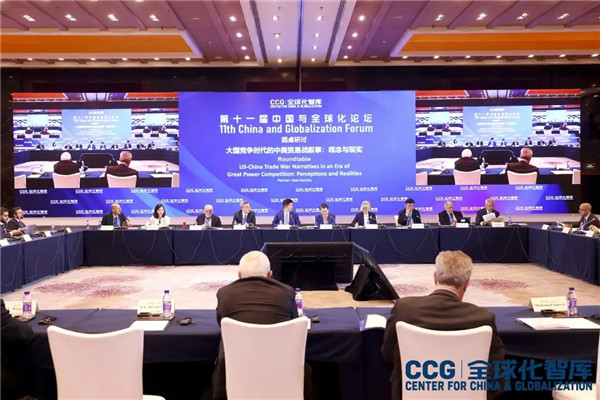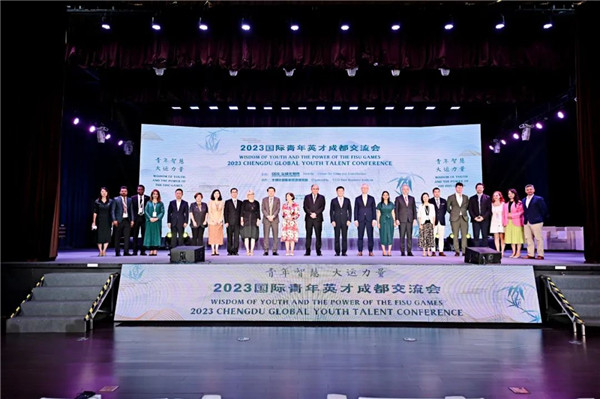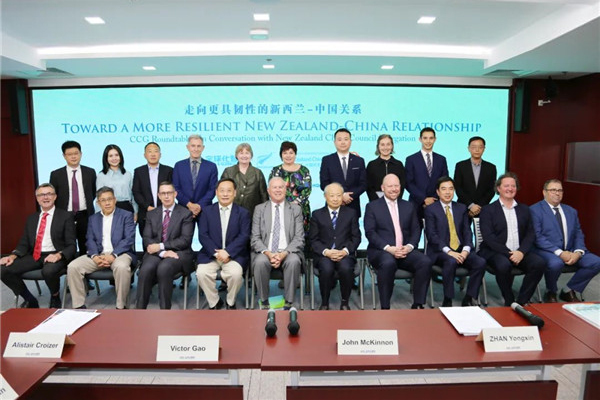CCG Roundtable 2: “One Belt, One Road”, AIIB and Talent Policies
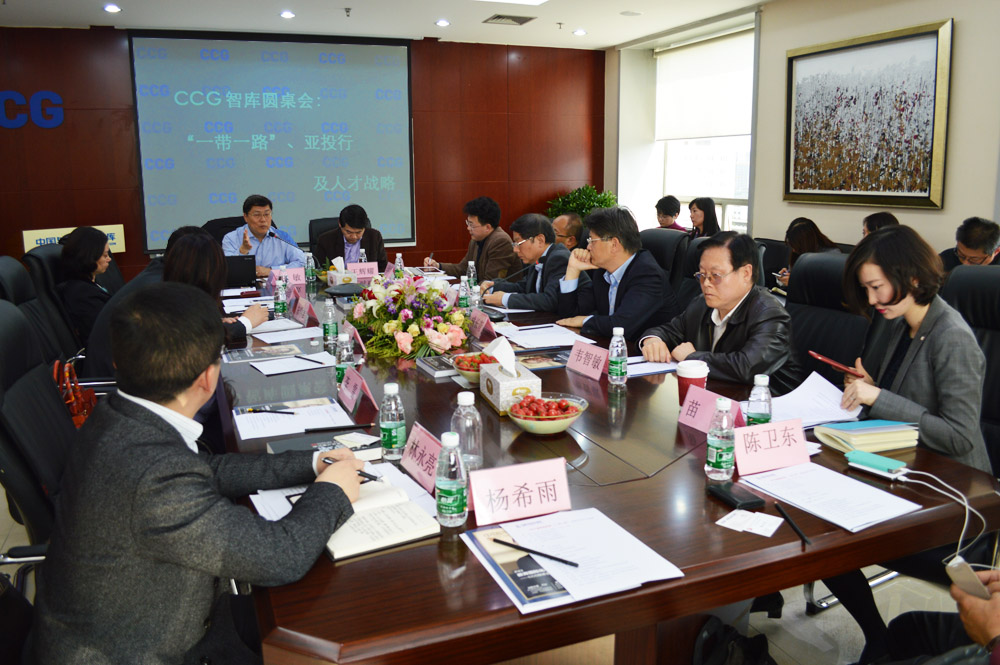
The Center for China & Globalization continued with its Roundtable event series on April 14th by inviting prominent scholars and business executives to join officials from the Ministry of Human Resources and Social Security, Ministry of Foreign Affairs, and CPC Central Committee’s International, Organization, and United Front Work Departments in hosting a discussion on the “One Belt, One Road” initiatives, Asian Infrastructure Investment Bank (AIIB), and China’s talent policies.
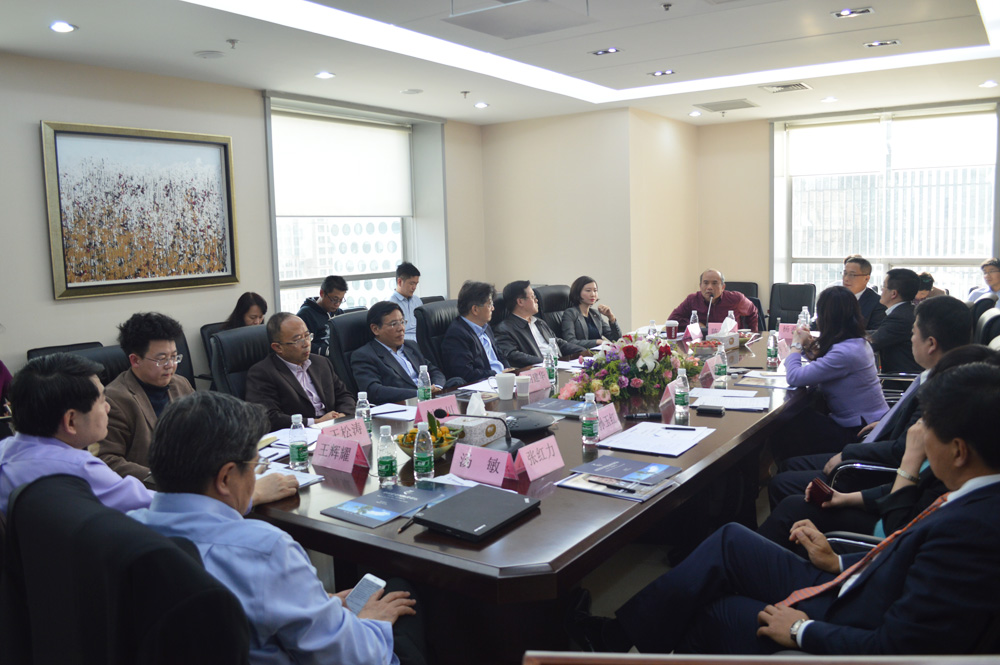
As of March 31, 2015, 50 countries and regions have applied to join the AIIB, including UK, France, Germany, and Italy. The AIIB and the “One Belt, One Road” initiatives underscore China’s commitment to being a responsible stakeholder in the international community. They have been widely welcomed by its neighboring countries and gained strong support from the rest of the world. The success of these initiatives requires a team of world-class professionals, making it a top priority now for the Chinese government to reform its policies in order to attract more talented people to live and work in the People’s Republic.
Against this backdrop, CCG focused the second Roundtable event on the AIIB and the “One Belt, One Road” initiatives from the talent policy perspective. The participants examined the issues of whether China has sufficient experience in leading the AIIB, the kind of talented people needed to ensure its success and that of the “One Belt, One Road,” and what challenges can be expected and how to tackle them. The highlights of the viewpoints expressed by the roundtable participants are as follows:
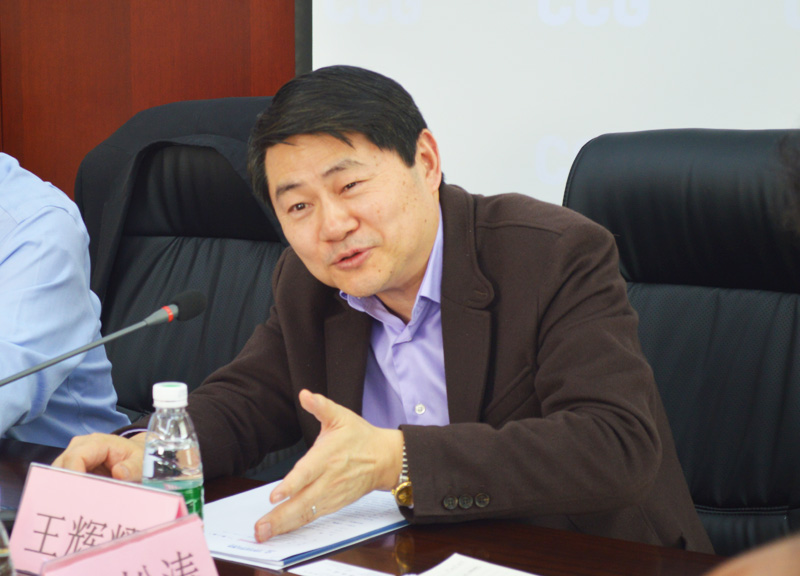
Wang Huiyao, CCG’s founder and president, State Councilor
The “One Belt, One Road” and AIIB initiatives, as part of the national strategies to promote outbound investment, require the widespread participation of global talent. China ought to learn from Singapore, which selects talent from civil society to work in the public sector, and recruit talent from multinational companies and financial institutions.
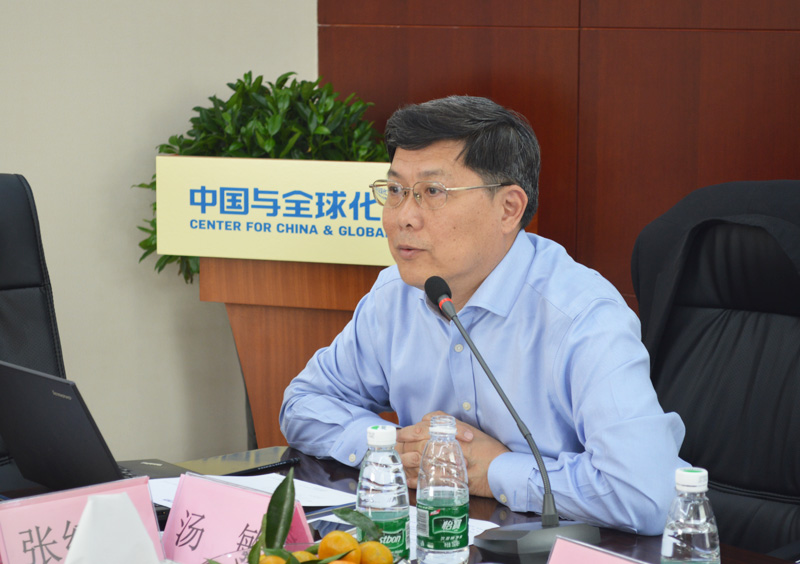
Tang Min, CCG Vice President, State Councilor
To expand outbound investment, China needs to negotiate and work with its politically stable neighboring countries. The establishment of the AIIB requires global perspectives and vision. Therefore, the recruitment of international talent is the key to its success.
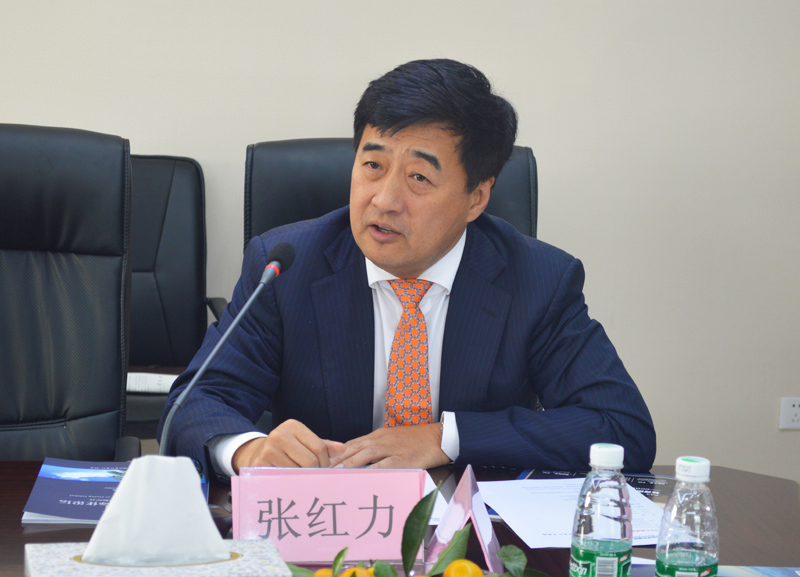
Zhang Hongli, CCG Vice President, Vice-President of ICBC
Chinese entrepreneurs should be encouraged to embrace innovation and take the initiative in investing abroad, while also being forgiven for their mistakes. In the past several years, ICBC has significantly expanded its presence along the “One Belt, One Road” route and accumulated rich experience in outbound investment.
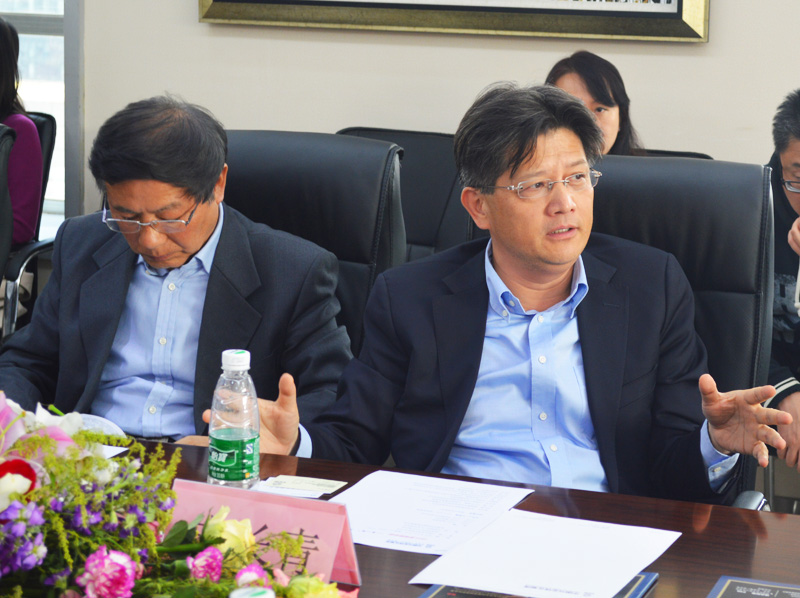
Cheng Changqing, General Manager of Goldman Sachs Gaohua Co., Ltd
Advancing the “One Belt, One Road” initiatives requires collaborative work on the part of the government, state-owned enterprises, and privately-owned companies. It also has to have cultural input. Among all the relevant parties, the private sector and civil society are expected to play a more important role.
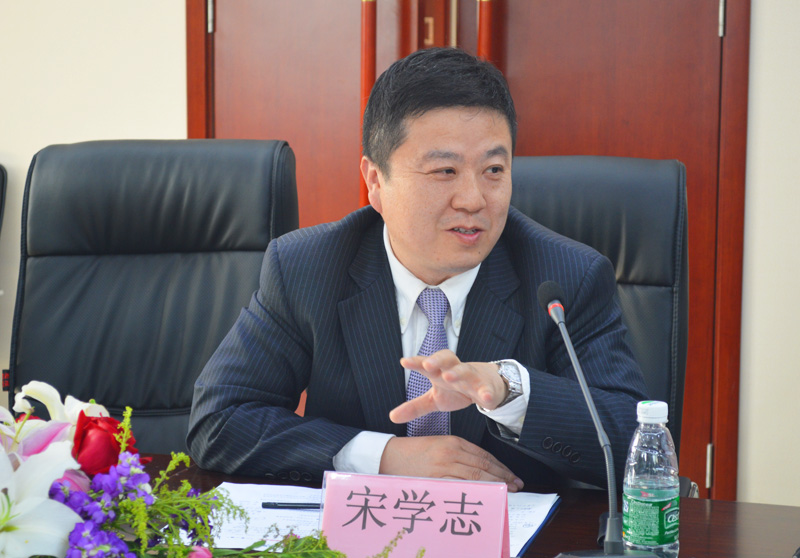
Song Xuezhi, Mercer Management Consulting (China) partner
AIIB should create its own a new international human resource management system, instead of simply replicating the system of the World Bank or the Asian Development Bank.
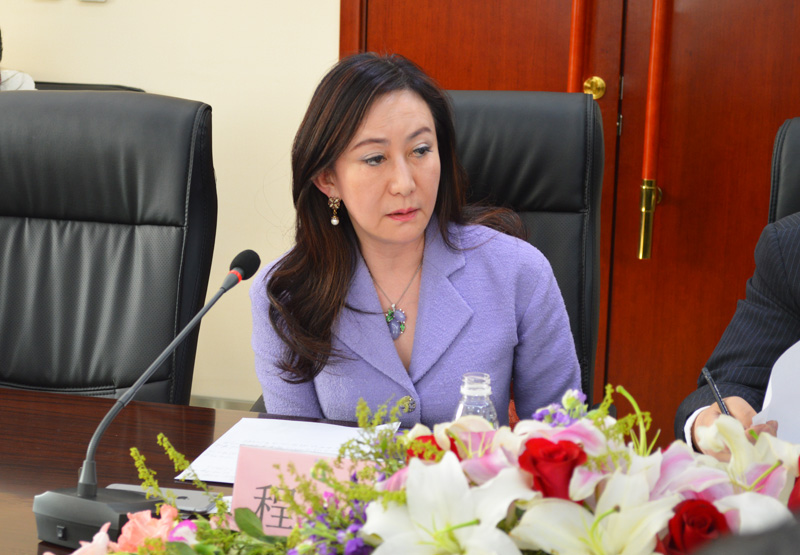
Cheng Yan, CCG Council member, Managing Director, Vice Chairman of Investment Banking Division and Executive Head of Global Coverage Center of BOCI
To implement the “One Belt, One Road” strategies, Chinese companies need to follow policy guidance and also design commercially viable products/services.

Chen Weidong, Chief Energy Researcher of CNOOC Energy Economics Institute
It is a national policy to push the Chinese companies to investment abroad. It is also true that state-owned enterprises have more resources in this regard. But privately-owned companies should be allowed to play a more significant role.
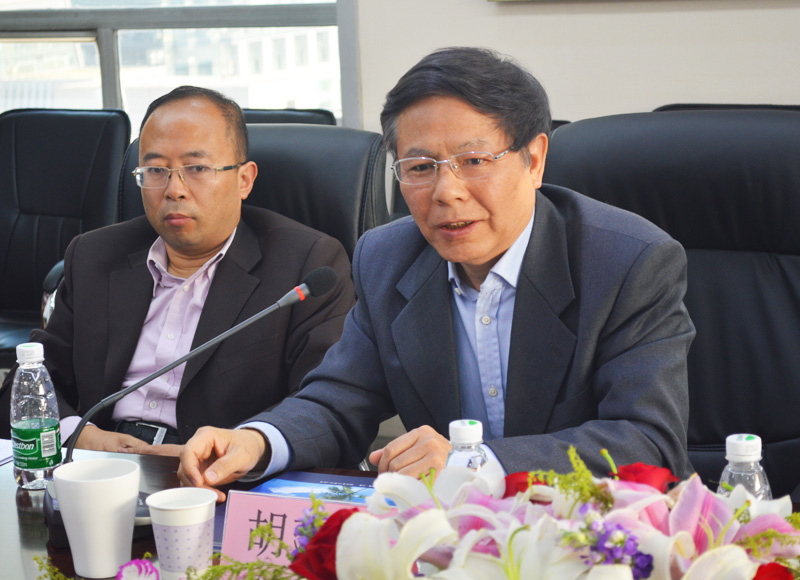
Hu Jianhua, former Counsel of Personnel Bureau of CPCCC’s Organization Department
The implementation of the “One Belt, One Road” initiatives should involve both public and private sectors. In the long term, it is better if Chinese companies can take the lead.
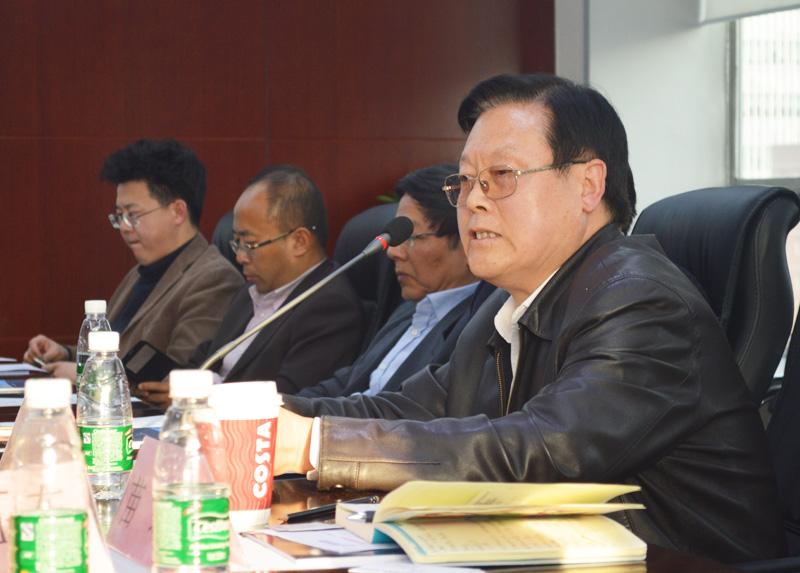
Wei Zhimin, deputy secretary general of the China Talent Research, the Ministry of Human Resource and Social Security
This CCG Round table is the first academic forum in China that has focused on discussing talent strategy in the “One Belt, One Road” and the AIIB initiatives. It also officially recognizes the key role of talent policies in the success of those initiatives.
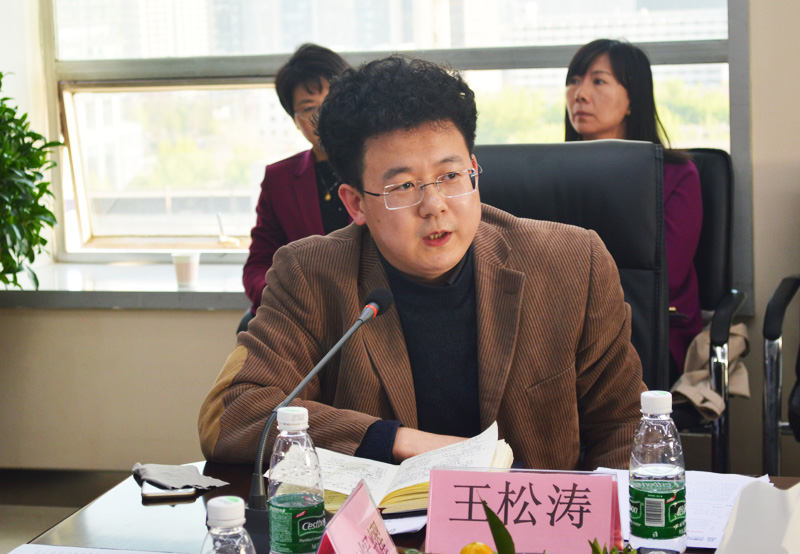
Wang Songtao, director of the Overseas Chinese Students Affairs Office, the CPCCC’s United Front Work Department
The “One Belt, One Road” initiatives should assimilate the wisdom and perspectives from multi-parties, including overseas Chinese students and scholars. Chinese think tanks should be also allowed to contribute.

Yang Xiyu, research fellow, China Institute of International Studies, the Ministry of Foreign Affairs
More research and studies are needed to explore the solution, combined with the “One Belt, One Road” initiatives, to integrate AIIB into the international financial order.
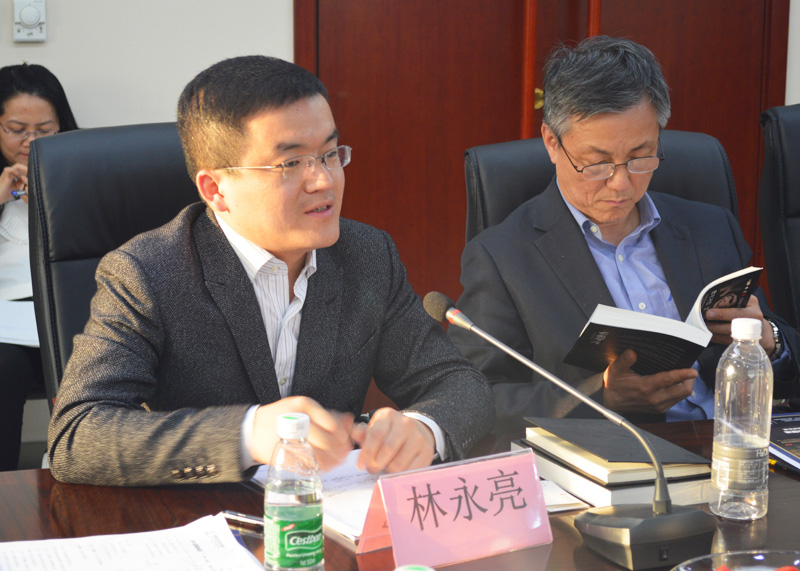
Lin Yongliang, research fellow, China Center for Contemporary World Studies, CPCCC’s International Department
In view of the inadequate interaction between think tank research and policymaking, a think tank partnership is formed to enhance communication and cooperation to push forward the “One Belt, One Road” initiatives.
LocationBeijing
